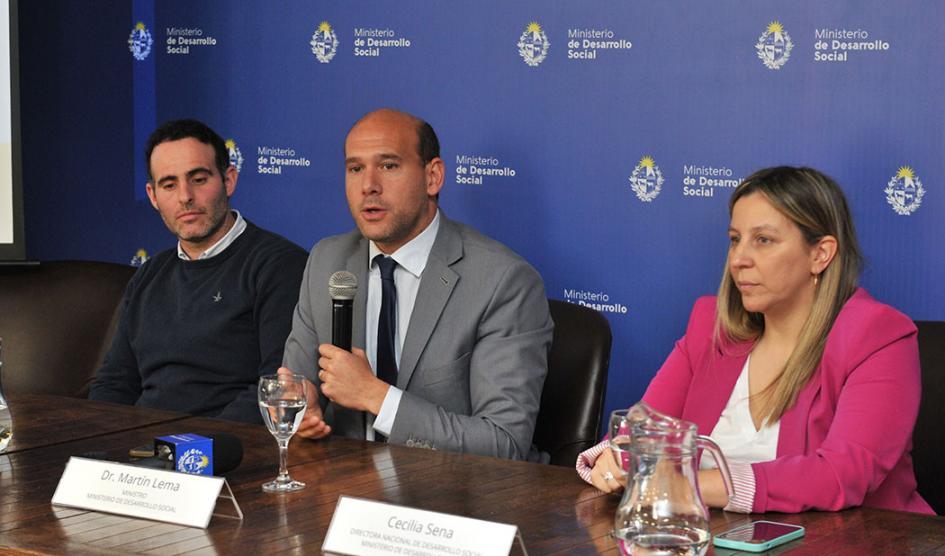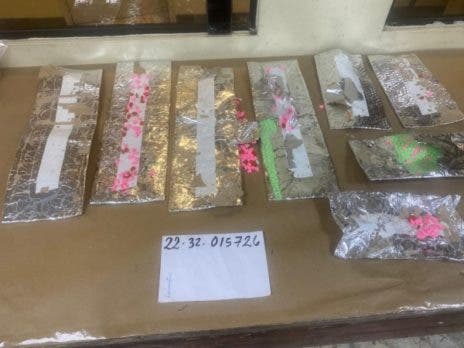The Ministry of Social Development (Mides) registered 4,661 new monotributistas during this year and 16,698 active enterprises since the implementation of this modality, reported its owner, Martín Lema. He also highlighted that 95.51% of the member companies are sole proprietorships and 40% of the total are located in 350 localities, which he considered a sign of decentralization.
Lema identified the State Secretariat’s social monotax as an example of “collective construction” that began in 2012, a tool that was maintained based on “identity, trajectory and traceability”, and for the benefit of the population.
The benefit is provided by the Entrepreneurship Support program and consists of a unified tax benefit that allows the formalization before the Social Security Bank (BPS) and the General Tax Directorate (DGI) of small productive enterprises or services developed by people who make up households in a situation of socioeconomic vulnerability.
Lema reported that in 2022 there are 4,661 active registered companies or new monotributistas and that, since its inception, 16,998 constitute the total number of active ventures. In relation to this figure, the portfolio reported that the number of applications was 67,317, of which 57,331 (85%) were accepted. Those that were once active, that is, those accepted cases that completed the process before the BPS and DGI, are 39,176 (68%).
Another aspect recognized by the ministerial authorities was the decentralization of access to the tool. In this sense, it was stated that Montevideo has the largest number of active companies (3,293) followed by Canelones (1,542), Colonia (1,350) and Maldonado (1,225). However, it was verified that 7,050 records are valid (40% of the total) in 350 localities that do not include the departmental capitals.
In addition, 95.51% of the companies adhering to the social monotax are sole proprietorships with a preponderance of women, 58.47% over 41.53% of men, mostly in an age group between 25 and 55 years corresponding to 76.90 %.
By way of conclusion, Mides pointed out that the social monotax constitutes a tool that offers answers in relation to income generation strategies. It was also considered that it is necessary to deepen knowledge about strengthening instruments to improve opportunities such as access to credit, bank accounts, formal marketing channels, insurance and public purchases.
Together with Lema, the National Director of Social Development, Cecilia Sena, and the manager of the Social and Labor Promotion Area, Marcos Rodríguez, among other officials, participated in the presentation.


















